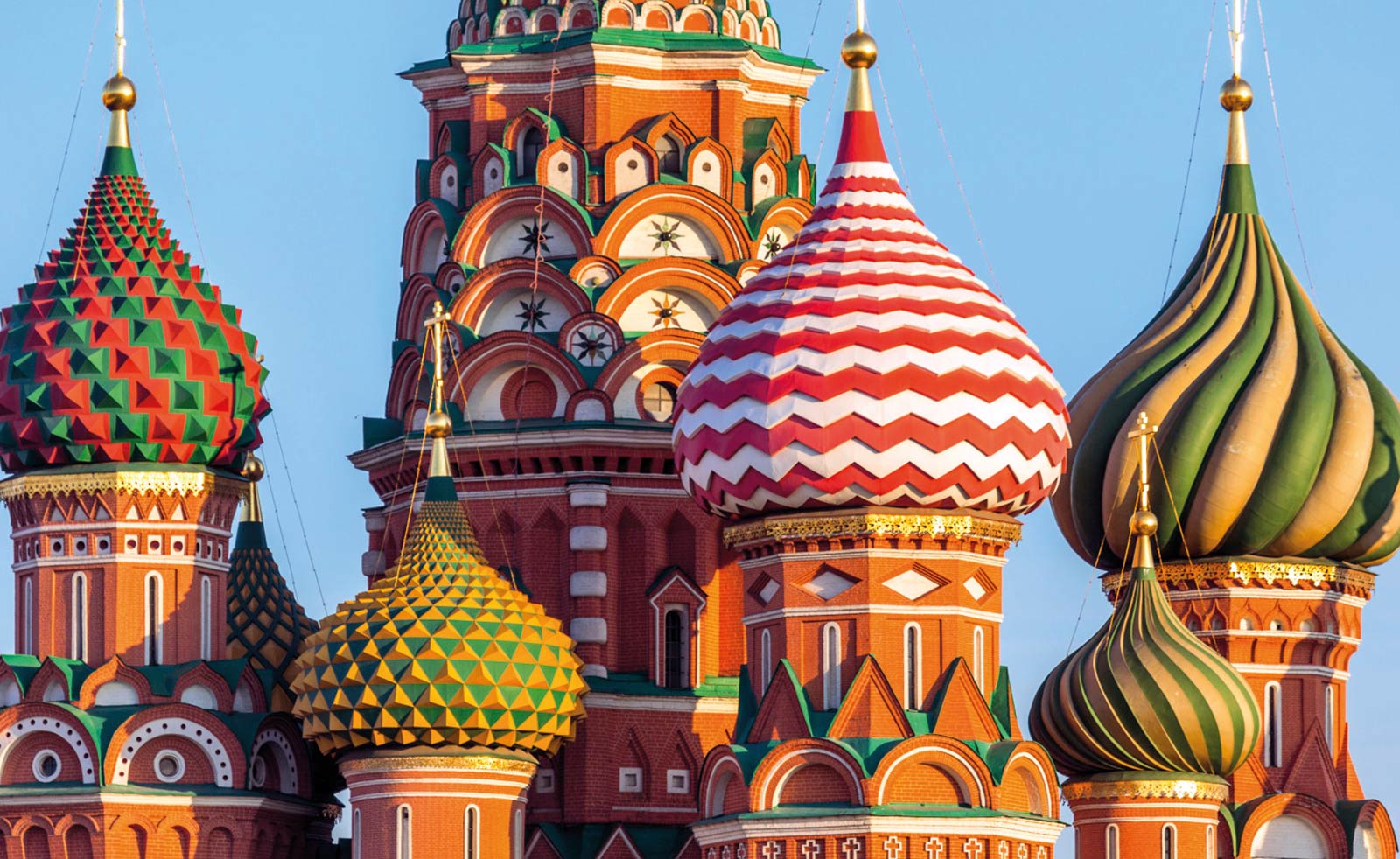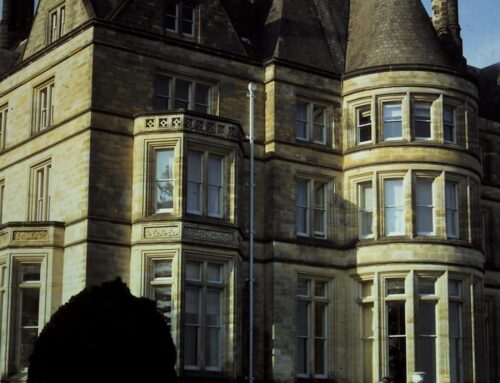While she was Home Secretary Theresa May was briefed very discreetly by a senior former MI6 officer who had been stationed in Moscow during the turbulent 1990s when corruption and contract killing was rampant. The spy delivered a chilling message: Russian organised crime was active in the UK and London was a haven for Russian oligarchs to hide and protect their ill-gotten gains. Based on direct knowledge, the former intelligence officer explained in detail how oligarchs were using London to launder their vast fortunes by buying property and channelling assets via anonymous UK registered shell companies.
May listened attentively but was stunned by the briefing. She regarded the exploitation of London as a “soft touch” for dirty Russian money as a serious issue and reported to David Cameron who shared her concerns. In 2015 he supported a plan for a legally-enforceable public register which will force all foreign companies that own UK property to disclose the identity of their owners. “London is not a place to stash your dodgy cash”, he said in a speech in Singapore.
Since 2004, £190 million of UK property has been subject to criminal investigation as suspected proceeds of corruption. “The London property market has been skewed by laundered money. Prices are being artificially driven up by overseas criminals who want to sequester their assets here in the UK”, said Donald Toon, head of the National Crime Agency which is investigating this issue.
Now the attempted murder of the former Russian spy and MI6 asset Sergei Skripal in Salisbury has brought the issue of dirty Russian money in the UK back onto the political agenda. Ministers could introduce new financial sanctions powers against Russians who have abused human rights. A simple amendment to the Sanctions and Money Laundering Bill would give Magnitsky-type powers to freeze UK assets of wealthy and politically exposed Russians in the UK. But there is an ongoing dispute between the intelligence agencies and financial regulators on the required level of scrutiny and investigation.
The London property market is a magnet for those who want to launder suspect funds. Multi-million pound cash payments are accepted without their origin being questioned. Oligarchs and dictators have been able to hide ownership behind anonymously-owned shell companies registered in secretive jurisdictions. This has allowed those with something to hide to sink dodgy money into safe, clean assets that increase in value. This makes everything from drug dealing to terrorism easier to get away with, while a London address offers a veneer of legitimacy and prestige that helps launder reputations as well as cash.
But fixing the property problem is only part of the solution. The UK is one of the top destinations for criminals to spend their money on art collections, expensive cars and private schools for their children. In return for their cash, the UK often grants them visas and, in some cases, citizenship. Looting state coffers is only worth doing if you have somewhere safe to put it and somewhere fun to spend it.
The government has agreed that the law should apply to all existing as well as future property purchases. As offshore companies currently own an area more than three times the size of London – worth more than 170 billion – this is an important component of the bill.
But progress to legislation has been painfully slow. A new impetus arrived in October 2016, when Sir Mark Lyall Grant, the Prime Minister’s National Security Advisor, instructed the National Security Council to conduct a review on why and how wealthy Russians and foreign rulers buy property in London and move assets to the UK. Former MI6 officers were consulted and May again took a personal interest in the issue.
Despite support from the intelligence community, the new law for a register shows no sign of being part of the Queen’s speech. But the recent flotation on the London stock exchange of a Russian energy company owned by Oleg Deripaska has provided an insight into why political rhetoric has not resulted in legislative action. For there is a fundamental dispute between MI6 and the financial regulators on how to make Russian Oligarchs who park their assets in London more accountable and transparent.
MI6 and the Prime Minister’s National Security Advisor, Sir Mark Sedwill, are furious with the Stock Exchange and Financial Conduct Authority for not consulting them and not conducting the required due diligence of En+, the energy company then owned by Deripaska and chaired by former Conservative Energy Minister Greg Barker. Their main concern was that En+ owns the Rusal company which has been manufacturing aluminium powder used by Russian arms firms.
The use of aluminium powder for defence purposes is a highly sensitive issue for the pro-Putin billionaire Deripaska and the reference to the product being used for the military was quietly removed from the company’s website.
Until last year, Rusal’s own website acknowledged its supply to defence firms: “Aluminium course and fine powder are widely used in metals and mining, chemical, energy and construction industries. They are also applied in the production of military equipment”.
But then shortly after the flotation of its holding company EN+ Group on the Stock Exchange – the reference to the military use of the powder was mysteriously removed.
Deripaska is the majority shareholder of En+ Group and the Russian state-owned VTB Bank owns 4.35 per cent. He has long been regarded as being very close to President Putin. Leaked US diplomatic cables described Deripaska as “among the two to three oligarchs Putin turns to on a regular basis” and is “a more-or-less permanent fixture on Putin’s trips abroad”
While there is no suggestion that Deripaska or his company breached sanctions, UK National Security officials and MI6 were incensed that the financial regulators allowed the flotation to sail through without the proper scrutiny. They argue this typifies the “light touch” and “complacent” approach to Russian money in London which the infamous late Oligarch Boris Berezovsky said was “70 per cent dirty”
For the Oligarchs, buying luxury property in London is a symbol that they have been accepted by the British Establishment. This is perfectly illustrated by the £50 million Grade 1 listed eleven bedroom Regency house on Belgrave Square which Deripaska snapped up for only £17 million through an offshore company registered in the British Virgin Islands.
Built in the 1820s, it was formerly the home of Sir Henry ‘Chips’ Channon, society host, Conservative MP and notoriously indiscreet diarist. It was designed for entertaining royalty and diplomats with its grand staircase, Madame Recamier sofas and flamboyant decor. When Harold Nicolson arrived at the house, he declared: “Oh my God, now rich and powerful Lord Channon has become”
Today the rich and powerful Oligarchs appear to be untouchable. The Security Minister Ben Wallace recently said: “The government’s view is that we know what they are up to and we are not going to let it happen any more”. The attempted assassination of the former Russian spy and MI6 asset in sleepy Salisbury could be an unwitting catalyst for finally cleaning up dirty Russian money in London.
Mark Hollingsworth is the author of ‘Londongrad – From Russia with Cash’
By Mark Hollingsworth






